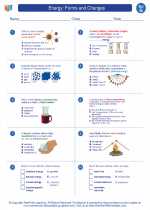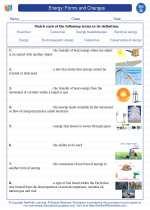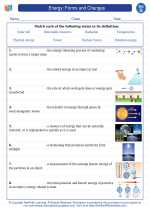Devonian Period
The Devonian Period is a geologic period that occurred approximately 419.2 million to 358.9 million years ago. It is often referred to as the "Age of Fishes" due to the diverse and abundant fish that lived during this time. The Devonian Period is part of the Paleozoic Era, and it is named after the English county of Devon.
Geography and Climate
During the Devonian Period, much of the Earth's landmasses were grouped together in a supercontinent known as Gondwana. The climate was generally warm, and there were no polar ice caps. The continents were covered in lush forests, and the first forests consisting mainly of ferns and other early vascular plants emerged during this period.
Life Forms
The Devonian Period saw a significant diversification of life. Fish continued to dominate the oceans, with the appearance of jawed fish and the rise of sharks and other predatory fish. Arthropods, such as early insects and arachnids, also began to evolve during this time. On land, plants continued to evolve and diversify, with the first trees and forests appearing. The first tetrapods, or four-limbed vertebrates, also emerged during the late Devonian, marking the transition from aquatic to terrestrial life.
Study Guide
- What is the Devonian Period known as?
- Which supercontinent existed during the Devonian Period?
- What characterized the climate during the Devonian Period?
- What significant developments occurred in the oceans during the Devonian Period?
- What types of life forms emerged on land during the Devonian Period?
By studying the Devonian Period, we can gain valuable insights into the early evolution of life on Earth and the environmental conditions that shaped the development of diverse ecosystems.
[Devonian] Related Worksheets and Study Guides:
.◂Science Worksheets and Study Guides Seventh Grade. Energy: Forms and Changes

 Worksheet/Answer key
Worksheet/Answer key
 Worksheet/Answer key
Worksheet/Answer key
 Vocabulary/Answer key
Vocabulary/Answer key
 Vocabulary/Answer key
Vocabulary/Answer key
 Vocabulary/Answer key
Vocabulary/Answer key
